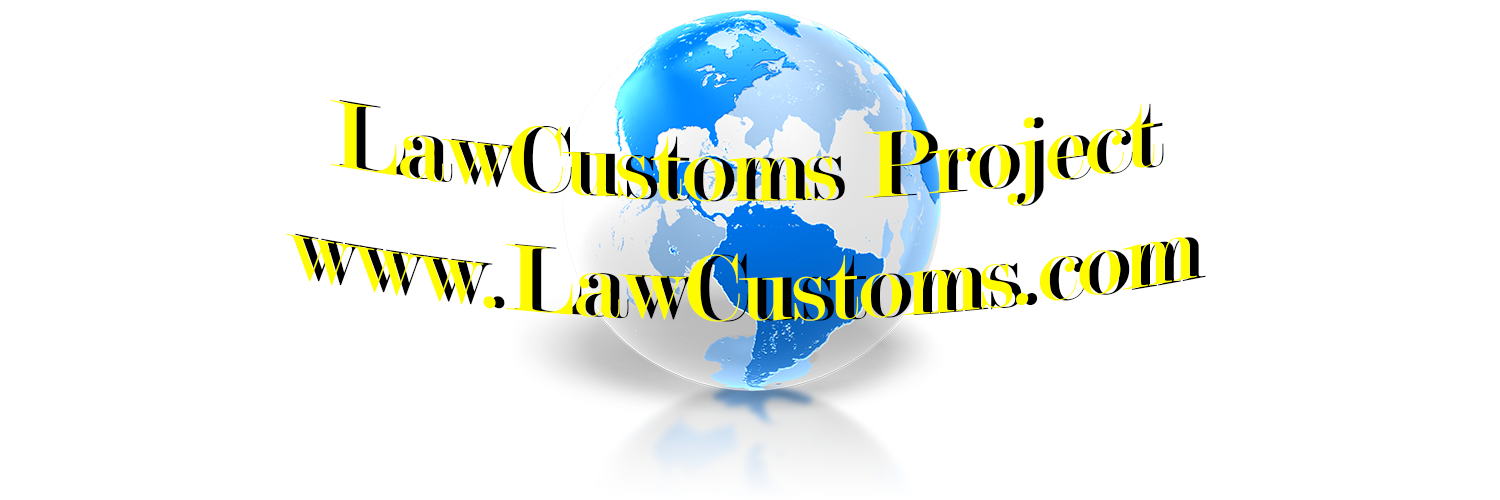A weekly live web event dedicated to issues related to international trade. Materials used throughout the stream include: OWIT Mexico Event | WOMAN EXPORTING MX – October 26-30, 2020 https://mbmapp.com/event/mujerexportamx…
Tag: <span>Office of Foreign Assets Control</span>
Department of Justice (DOJ) October 2, 2016 guidance reaffirms its position to treat U.S. export controls and sanctions violations as an attack on the U.S. national security and DOJ’s Yates…
On April 23, 2014 CBP’s Virginia McPherson advised international trade community that products from Crimea, marked as “Product of Russia,” “Made in Russia,” “Contents Made in Russia” can be subject…
Few years back, we published a list of links that U.S. based international trade community should check prior to engaging in a transaction. Time has come to update the list…
While many trade content providers, such as Customs Info, developed a single screen check tool to verify denied parties list, those forwarders, importers, and exporters with scarce resources have free…
Office of Foreign Assets and Controls (OFAC) posted .pdf screen shots of its presentation symposium. Most of information is a form of restatement of governmental policies. There are some interesting…
The Office of Foreign Assets Control posted a guidance entitled “Guidance on the Release of Limited Amounts of Blocked Funds for Payment of Legal Fees and Costs Incurred in Challenging…
· Denied Persons List: The BIS publishes the names of individuals and entities that have been found to have violated the U.S. export laws and regulations, and that have been…
